Category: Psychology
-
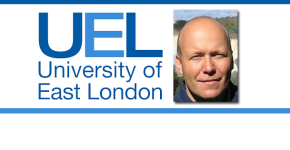
Volker Thoma, University of East London – Recognizing Faces
The way the brain processes faces, especially familiar faces, is still something of a mystery. Volker Thoma, a psychologist at The University of East London, is working to improve our neurological and psychological understanding of facial recognition. Dr Volker Thoma FHEA received an MSc (Dipl. Psych) from the University of Regensburg, Germany and worked as…
-

Jean M. Twenge, SDSU – A Corrision of Trust
As a population, it seems we’re growing less and less trusting. Dr. Jean M. Twenge, psychologist at San Diego State University, is studying our growing suspicions. Jean M. Twenge, Professor of Psychology at San Diego State University, is the author of more than 100 scientific publications and the books Generation Me: Why Today’s Young Americans…
-
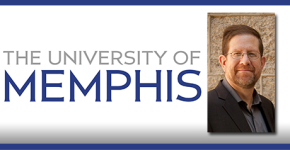
Steven Soifer, University of Memphis – Paruresis
Certain afflictions are embarrassing to discuss. Because of this, they remain untreated and can often worsen. Dr. Steven Soifer, professor of social work & chair of the department at The University of Memphis, profiles shy-bladder syndrome. Dr. Steven Soifer received his Ph.D. in Social Welfare Policy from Brandeis University in 1988, and his M.S.W. from…
-

Gary Small, UCLA – Teens and Screens
Smart phones are everywhere these days. It seems anywhere you turn, you’ll find someone with their head metaphorically buried in their mobile device. They may be checking their social media profiles, googling something or even looking up directions – but one thing is for sure: they’re not interacting with the people surrounding them. Gary Small,…
-

Spike Lee, University of Toronto – Framing Love
Flowery depictions of transcendent love have inspired some of the finest art we have. But, is our conceptual idealization of love & romance perhaps hurting us? In today’s Academic Minute, Spike Lee, a marketing professor at The University of Toronto, frames the shared experience of love in a completely different way. Spike W. S. Lee…
-
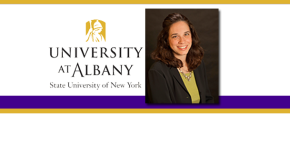
Allison Redlich, University at Albany – Mental Health Courts
“There is consistent evidence that MHCs reduce arrests and number of days in jail, however the mechanisms by which MHCs produce these reductions are entirely unclear,” said Redlich. “One presumption held by MHCs is that untreated mental illness causes criminal behavior, and that by treating the illness, criminality will decrease. However, this presumption lacks empirical…
-
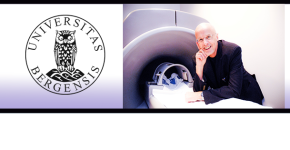
Kenneth Hugdahl, University of Bergen – Auditory Hallucinations
There are quite a few films that utilize auditory hallucinations as a indicator of a character’s mental illness. Colloquially known as “hearing voices,” this is a very real problem for some people. In today’s Academic Minute, Dr. Kenneth Hugdahl, a professor of biological psychology at Norway’s University of Bergen, discusses this intriguing and misunderstood affliction.…
-
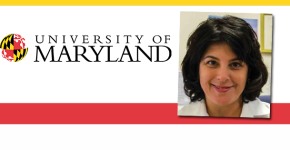
Michele Gelfand, University of Maryland – American Regionalism
It’s Election Day in the US and all across the country, voters will be casting ballots for their preferred candidate. In today’s segment, Dr. Michele Gelfand, a professor of psychology at The University of Maryland, discusses American regionalism. Dr. Gelfand will present a superior way to help categorize the political direction that states vote. She…
-

Andrew Gallup, SUNY Oneonta – Yawns are Cool
Yawns confuse scientists. We’re not exactly sure what they are or why we yawn. We know they’re contagious, but we’re still working out all the other details. Dr. Andrew Gallup, an assistant professor of psychology has a new theory. He posits that yawns are a mechanism designed to cool the brain. Dr. Andrew Gallup is…

